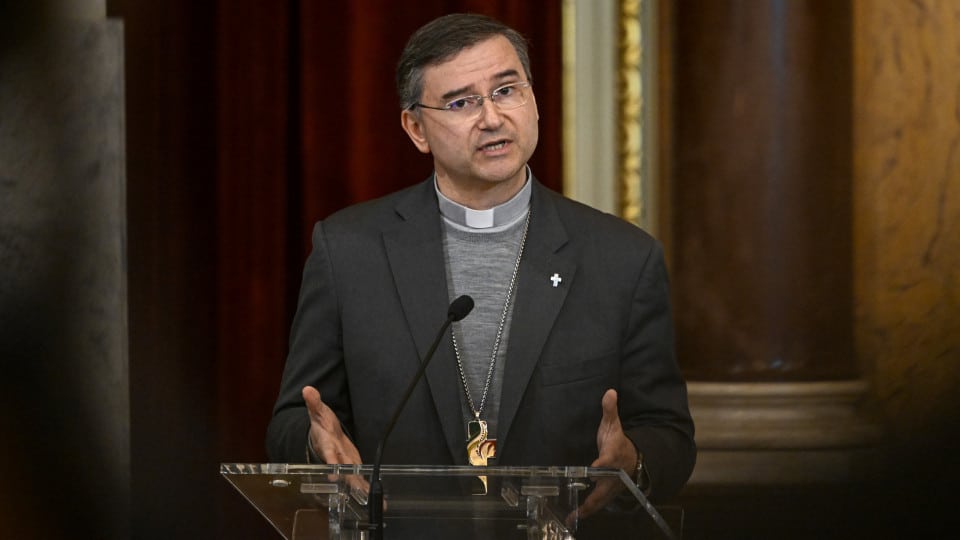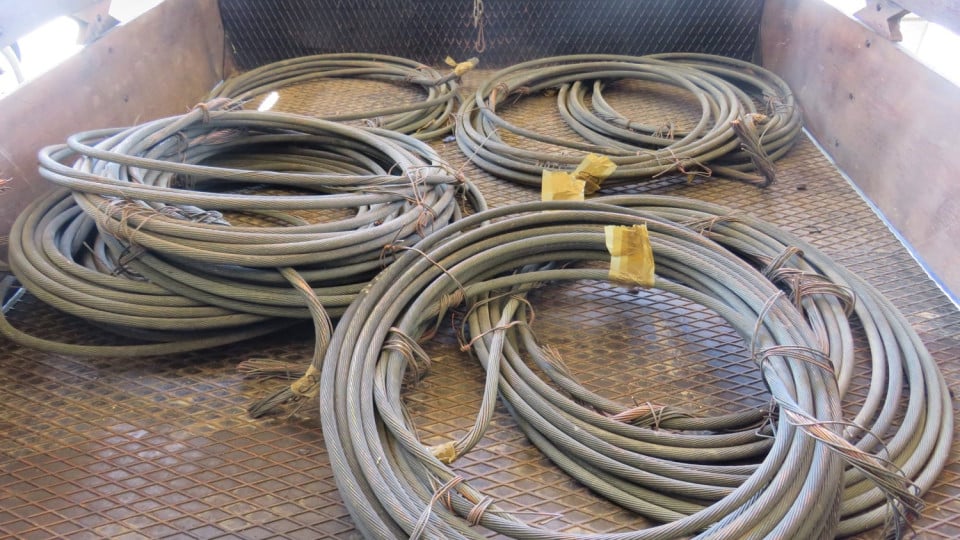In Fatima, on the sidelines of the National Biblical Week, the Bishop of Setubal lamented that there is “a deficit of citizenship, not only civil but also in belonging to the Church.”
“We are very used to expressing ourselves in a closed circuit, perhaps, or on a keyboard, which is much more comfortable, and then, when the time comes to personally manifest ourselves and roll up our sleeves together and make progress, the adherence is slower,” said the Bishop of Setubal, as quoted by Ecclesia agency.
“It is very important to discover and listen, because sometimes the other person has the solution, has the experience, has the reality of life and problems that will help us, that will illuminate us to make the right decisions,” he added.
The second session of the XVI Ordinary General Assembly of the Synod of Bishops will take place from October 2 to 27 at the Vatican, with the theme “For a Synodal Church: communion, participation, mission.”
The Portuguese Episcopal Conference (CEP) will be represented in the proceedings by its president and vice-president, Bishops José Ornelas (Leiria-Fatima) and Virgílio Antunes (Coimbra).
According to the report prepared by the CEP for this phase of the synod, the Catholic Church must “know how to listen to the voices of those who, in some way, feel excluded,” such as reconstructed families, separated people, or people with same-sex attraction. The aim of this listening should be to “integrate their contribution into the life of the Church.”
The document emphasizes “the need for continuous renewal of the Church to meet the real needs of people and respond to contemporary challenges,” while maintaining “fidelity to ecclesial tradition.”
Thus, it is important to “value the role of women in ecclesial life and ensure that they can participate in decision-making processes, assuming leadership roles, specifically in pastoral and economic councils.”
“The goal of parity should be sought, explicitly recognizing the crucial contribution of women, not only in pastoral care and ministries but also in the Church’s mission to communities,” the document advocates.
On the other hand, participants in this phase of collecting contributions for the CEP’s proposal to the second General Assembly of the Synod point to the importance of “building the Church around unity, inclusion, and diversity, welcoming all people (with disabilities, young people, the elderly, those in poverty, immigrants, and those found in various ‘frontiers’ of society).”
The participation of lay people – not replacing the role of priests in communities – of young people, taking advantage of the dynamics left by the World Youth Day held in Lisbon in 2023, of people with disabilities, integrating them, namely in Pastoral Councils as a way of recognizing and valuing their apostolic capacities, are other directions pointed out by the report.
A focus on ongoing formation of clergy members in areas such as psychology and teamwork, with “internships” in more disadvantaged and peripheral communities (prisons, communities caring for the sick) or in diverse communities (rural/urban, interior/coastal, migrants, ethnic minorities, where the presence of the priest is not so frequent) and other realities distant from the seminary, is also considered urgent.
In the chapter on formation, “the accompaniment of affective and sexual maturation in the formation of ordained ministers” also deserves highlight.
The document is emphatic in advising to continue “discernment” on “doctrinal/pastoral issues that still cause doubt, controversy or disagreement in the life of the Church,” such as “sexual morality, priestly celibacy, the involvement of married ex-priests, the possibility of ordaining women.”









